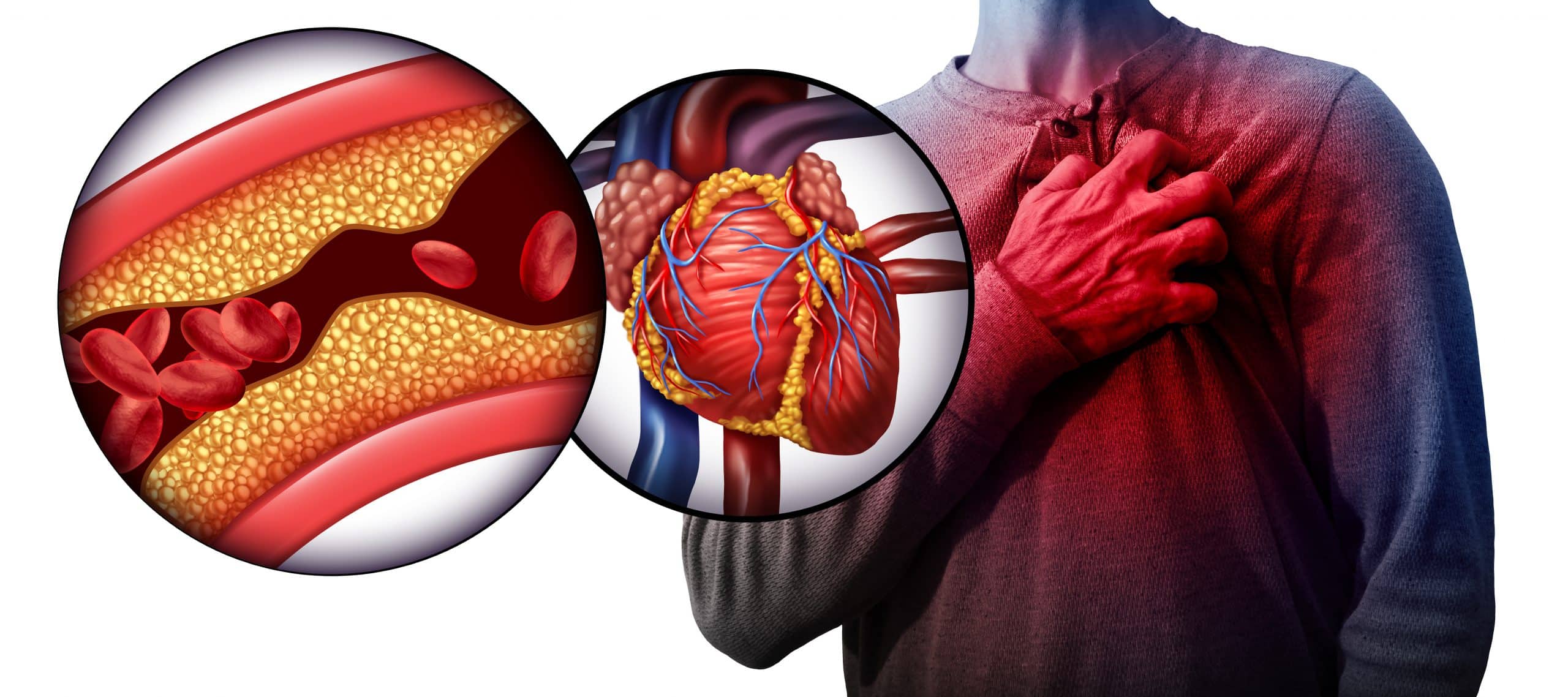One out of four deaths in the United States are the result of heart disease. This disease attacks the organ in various ways. Symptoms are just as wide-ranging, from chest pain and shortness of breath to lightheadedness, profuse sweating, and nausea. These symptoms can be triggered by stressful events or physical exertion.
1. Coronary Artery Disease (CAD)
CAD is considered the most common type of heart disease. The vessel that supplies blood to the heart (coronary artery) experiences a blockage, limiting oxygen to the heart. Coronary artery disease begins as a result of hardening of the arteries, also known as atherosclerosis.
Typical symptoms are pain in the chest (angina). What factors might put you at risk for CAD?
-Age: The greatest risk in men occurs after age 55. For women, the greatest risk occurs after menopause
-Diabetic and metabolism conditions
-Genetics
-High-blood pressure
-Overweight
-Smoking and drug use
-Stress
2. Heart Valve Disease
The heart has four valves that deliver blood to the four chambers of the heart. When there is a defect, the valve will be impacted, opening and closing the valve difficulty for blood flow. This leads to blood being blocked or leakage.
Heart Valve disease is infection-prone; the infection includes inflammation of the joints (Rheumatic fever), high blood pressure, acquired heart disease, heart attack, and coronary heart disease. Disorders of the heart valve include:
Endocarditis
A bacterial infection that takes its root from the blood when you are ill or after a recent surgery. It arises when there is a valve problem and can be cured with antibiotics. The disease remains life-threatening. Endocarditis may damage a valve.
Rheumatic Heart Disease
A Rheumatic heart condition can be developed when the valve and heart muscles are damaged by rheumatic fever, which can be traced to strep throat (an infection of the throat with streptococci) and scarlet fever. Research suggests it can be treated with antibiotics. Symptoms decrease after one year of infection.
3. Pericardial Disease
The membrane surrounding the heart is called the “pericardial.” This disease is associated with pericardial disease. The most common disease is caused by a viral infection.
4. Cardiomyopathy Disease
This is the disease of the muscle known as myocardium. The inability of the heart to pump blood might be due to the myocardium being stretched or thickened. Possible causes of the disease include the body’s reaction to certain antibiotics, a genetic heart condition, and viral infection. Chemotherapy may be a causing factor, but oftentimes, doctors are unable to pinpoint an exact cause.
5. Congenital Heart Disease
This is a disease associated with babies. It occurs when a fetus’s heart forms in the womb. This defect can lead to problems after birth. Symptoms are not visible until adulthood.
One of the common congenital heart diseases is the septal defect. Holes are seen on the wall that divide the left and right side of the heart.
We have been able to identify the causes, symptoms, and treatment of each heart disease. How can we decrease our risks of suffering from heart disease?
Healthy habits, from staying active and drinking lots of water to a well-balanced diet. So stay safe and healthy!



